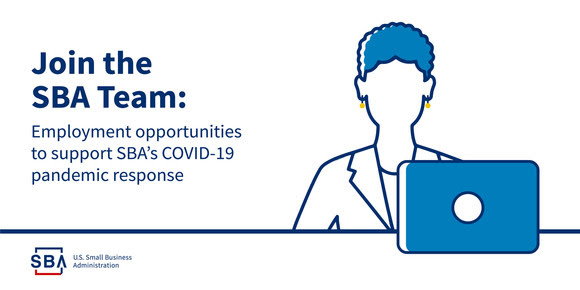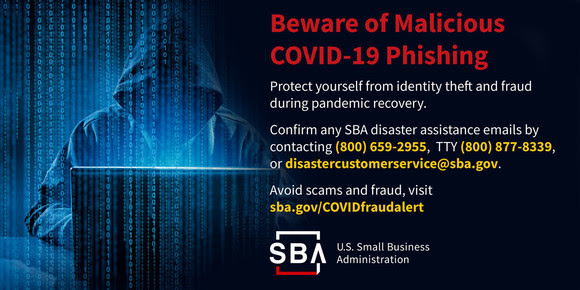
Don’t slip up: Take these precautions to keep your business, employees, and customers safe during winter storms. Winter can mean big sales for small businesses across America. However, winter can also bring unpredictable weather, which means small businesses should prepare and have a plan in place in case winter storms strike. Here are some steps you can take to protect your business, your employees, and your customers in the event of a winter storm.
Winter Weather Precautions
Winter storms may range from moderate snow fall to a blizzard lasting for days. Common characteristics of winter storms include frigid temperatures, strong winds, ice, sleet, and freezing rain.
As winter weather ramps up, small business owners should take the following precautions:
- Check your insurance coverage for protection against winter hazards. Not all insurance policies cover every type of weather disaster, so it is crucial to know what your business insurance protects against – and expand your coverage if necessary. SBA partner the Insurance Institute for Business & Home Safety (IBHS) has tips on how to best protect your assets.
- Add to your business’s disaster supply kit. Make sure your disaster supply kit includes items like rock salt to melt ice on driveways, sand to improve traction, and snow shovels or other snow removal equipment. You may also want to keep portable heaters on-site at your business in case heating issues occur.
- Fortify your physical business location. Seal all openings with caulking and insulation where cold air can enter. Make sure heating and heat-producing process equipment is in good condition and operating efficiently. Determine which business equipment is most vulnerable to freezing temperatures (e.g., computers, manufacturing equipment, etc.) and plan to protect it. SBA partner IBHS has information on how to protect your property from when winter storms strike.
- Establish an emergency communications plan. Make sure your staff knows how everyone will communicate before, during, and after a weather disaster. Keep an updated list of employee, vendor, and client contact information off-site for easy access during an emergency. Names and phone numbers of your heating contractor, plumber, fire department, insurance agent, and building owner should also be easily accessible.
During and After the Storm
During a storm, keep yourself, employees, and customers safe. Try to keep your driveways, walkways, and doorways reasonably clear of snow and ice. FEMA recommends wearing layers of warm clothing when you are outside during a winter storm and watching for signs of hypothermia and frostbite. If your place of business will be vacant for a long period of time during the storm, try to arrange to have someone to check indoor temperatures periodically if possible. Following the storm, assess damage and notify employees of next steps, including snow removal. If a federal disaster has been declared in your area, you may consider applying for SBA disaster assistance.
For more winter weather preparedness tips, review our checklist. You can also sign up for real-time weather alerts through the FEMA App, which provides National Weather Service alerts, emergency safety tips for more than 20 types of disasters, and locations for open emergency shelters and disaster recovery centers in your area.
Finally, consider working with an SBA resource partner on your disaster preparedness plan. SBA is always here as a helping hand for businesses when challenges occur – and can help small business owners look ahead and plan as much as possible for the unexpected. Go to sba.gov/local to find a resource partner near you.

Job Alert! SBA is now hiring attorneys, paralegals, credit analysts, loan officers, mortgage underwriters, customer service representatives and other workers to assist with disaster relief efforts. Bilingual skills are a plus.

Federal Coronavirus Resources
State, local, and federal agencies are working together to maintain the safety, security, and health of the American people. Check out coronavirus.gov for updates from the White House’s Coronavirus (COVID-19) Task Force. Go to cdc.gov for detailed information about COVID-19 from the Centers for Disease Control and Prevention. Visit covid-sb.org, the official federal resource website for U.S. small businesses affected by COVID-19.
Learn more about the federal government’s response

Virtual Mentoring and Training
Offices around the country may be closed due to the Coronavirus pandemic, but SCORE, Small Business Development Centers, Women’s Business Centers, Veterans Business Outreach Centers and other resource partners are providing free business mentoring and training by phone, email, and video.









